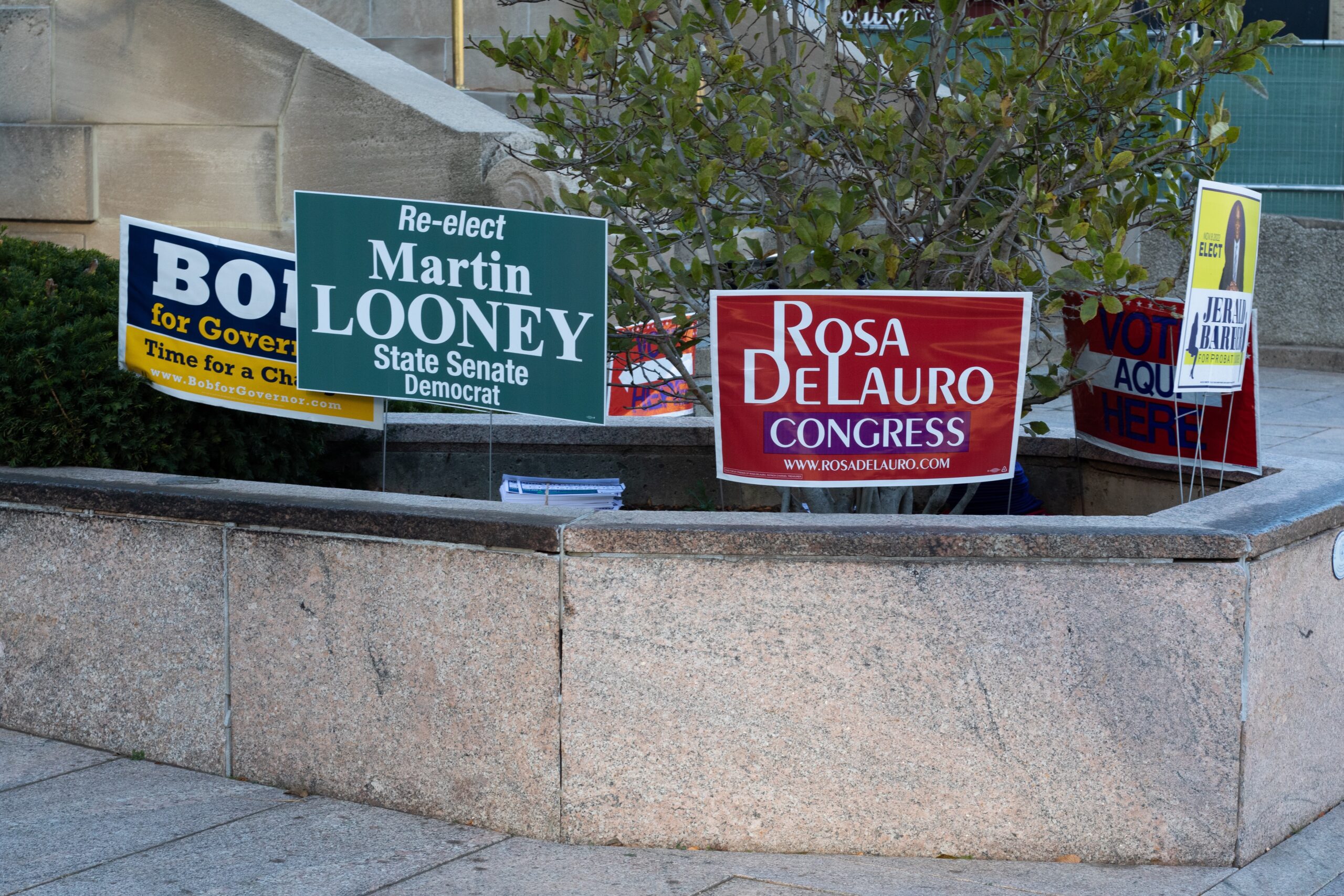Polling accuracy and uncertainty: Yale experts weigh in on 2024 election forecasting
Polling data and election forecasts remain uncertain, with last-minute swings expected to influence the outcome.

Zoe Berg, Senior Photographer
As the 2024 election approaches and its outcome is unclear, pollsters try to predict voter behavior.
The News talked to Yale experts about predicting elections in a highly polarized and unpredictable political environment. Given the uncertainty about polling accuracy, they advise caution in reading too much into any single poll, focusing instead on trends and broader averages.
“Historically, we tend to see significant poll movement in the last month of the election as undecided voters tune in,” said Kevin DeLuca, a political science professor. “Both of these patterns are what we’re seeing right now.”
Milan Singh ’26, an opinion editor for the News and Yale Youth Poll director, highlighted that young voters are showing similar Democratic leanings to the last election. A recently conducted poll by Youth Poll found that Harris leads 56-35 among young voters, compared to 47-46 among voters overall.
However, there are significant challenges in accurately interpreting polling data. Gregory Huber GRD ’11 pointed out that polling data can be highly uncertain, particularly at the state level.
“The problem is that the samples we can obtain at the state level are hard to make representative of the final voting population,” he explained. “Because we have a sampling problem, we have to reweight the data to make informative estimates, but the reweighting process likely also adds uncertainty, meaning our best guess is on average correct, but the margin of error of the estimate is large enough for either side to win in most states.”
DeLuca echoed this sentiment, emphasizing the importance of considering polling aggregates rather than individual polls. He said that the overall reliability of the polls is hard to assess, as many new pollsters do not yet have a history of performance.
As the election nears, the dynamics surrounding polling methods are also evolving. DeLuca noted that many pollsters are now weighing results based on previous voter turnout, which is not something they have done in the past and could impact the perceived leaning of certain demographics.
Such weighting makes polls more Republican-leaning, as pollsters are afraid of missing Trump voters, as they did in 2016 and 2020, DeLuca said.
The election will be on Nov. 5, and 5 million votes have already been cast.







